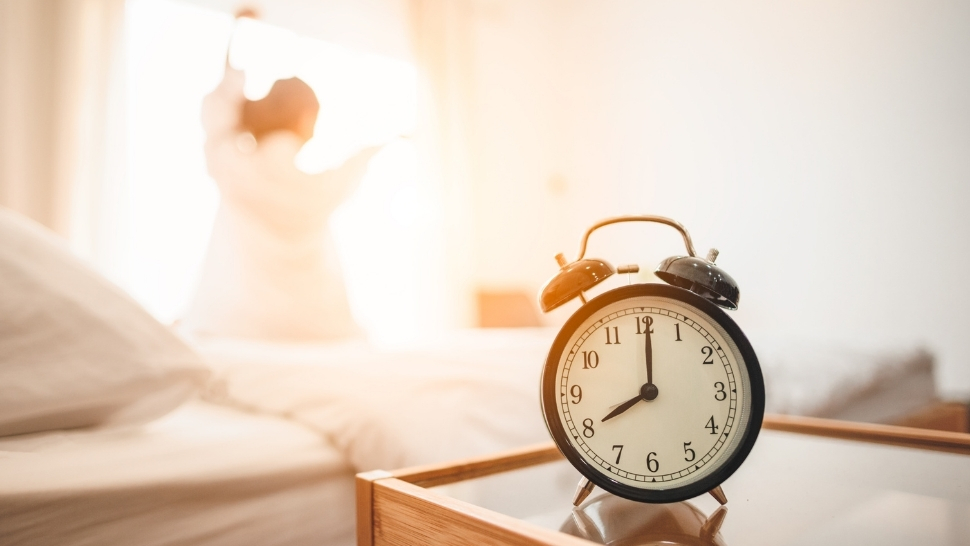
Many of us struggle to get adequate sleep, for many reasons. No matter the cause, the loss of a small amount of sleep can lead to reduced alertness, impaired memory, and moodiness and can add up to bigger health problems over time (high blood pressure, diabetes, heart attack, stroke, depression, obesity, and reduced immune response). Research also shows that what we eat can affect our sleep patterns — for better or worse. While stress-relief and mindful activities such as meditation and yoga can also play a big role in healthy sleep patterns, here are a few simple eating tips to support a good night’s rest.
- Fuel throughout the day. Eating too little or skipping meals during daylight hours can lead to larger evening meals, which can easily disrupt sleep. Aim to eat balanced meals (and snacks if needed) consisting of fruits, vegetables, whole grains, lean proteins, and healthy fats every 3-5 hours during the day or when your body is signaling that you are hungry.
- Know that too much fat or protein before bed may also disrupt sleep. Fat and protein take longer to digest, and digestion slows by nearly half during sleep. Best bet — keep evening meals or snacks to reasonable portions so your body has time to complete its work before it’s time to rest.
- Choose power combos for evening snacks. If you’re hungry after dinner, go for a carb/protein combo. Protein helps build tryptophan, the sleep-inducing amino acid, while carbohydrates increase the body’s uptake of it. Think nut butter toast, whole-grain cereal and milk, Greek yogurt and fresh fruit, or even edamame, which provides both wrapped into one food.
- Know your caffeine “clock.” Caffeine is a stimulant that can disrupt your zzz’s if it’s still circulating. It takes an average of 5 hours for our bodies to fully metabolize caffeine, but the individual clearance range is much wider from 1.5 to 9-plus hours. For most people it’s enough to go decaf later in the day. This includes coffee, tea, energy drinks, and even chocolate!
- Avoid using alcohol as a sleep aid. While alcohol may initially help you fall asleep faster, research indicates alcohol may also prevent you from reaching the deeper parts of the sleep cycle that are essential to feel rested.
- Spicy and acidic foods can steal sleep. These foods may lead to heartburn, acid reflux, and increased body temperature, all of which may cause you to wake up throughout the night.
- Add foods that can help you sleep naturally. Almonds, walnuts, and most seeds, some fruits like kiwis, raspberries, pomegranate, grapes, and tart cherries, as well as leafy greens and whole grains are natural sources of melatonin, a hormone that helps regulate the sleep and wake cycle.
Food alone won’t guarantee a good night’s sleep, but paying attention to what you eat can help you stay in dreamland longer each night.